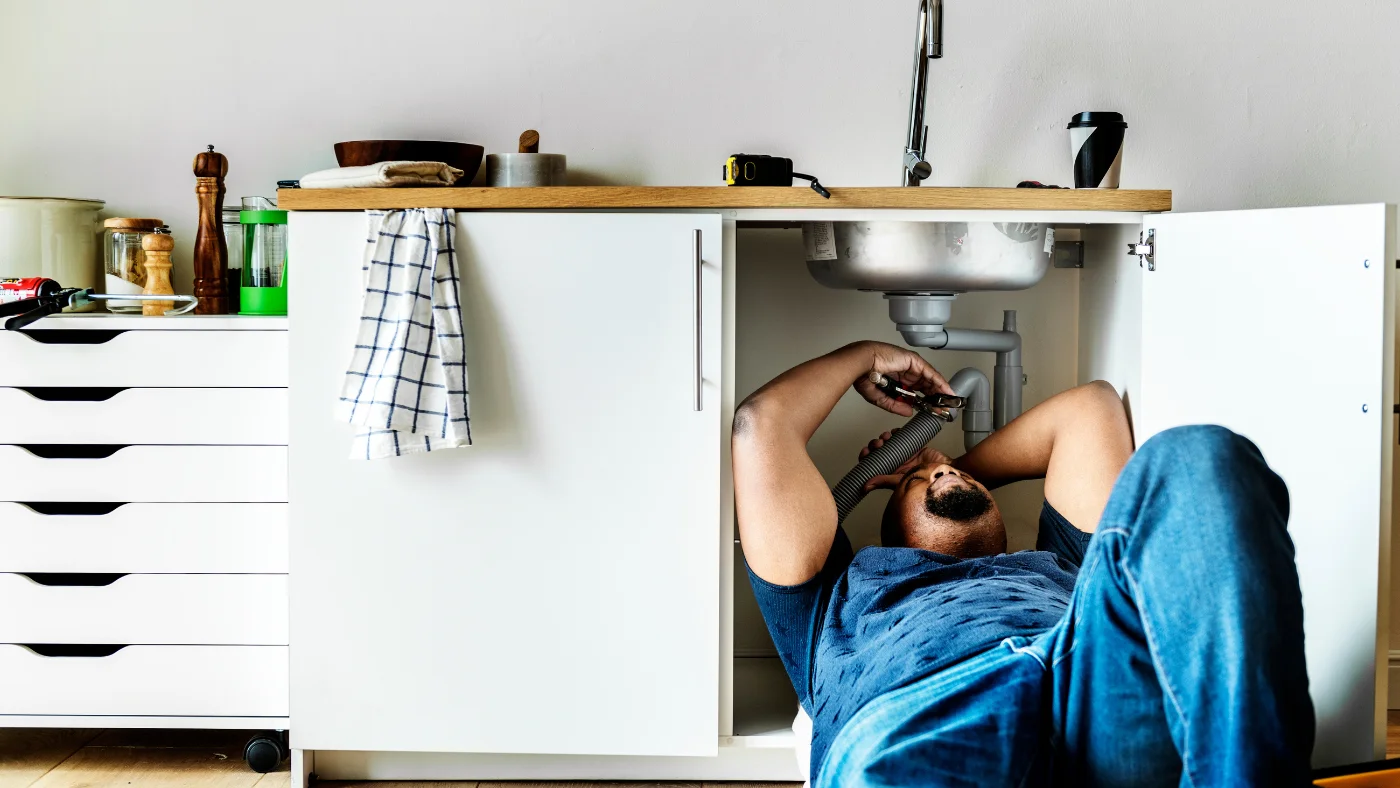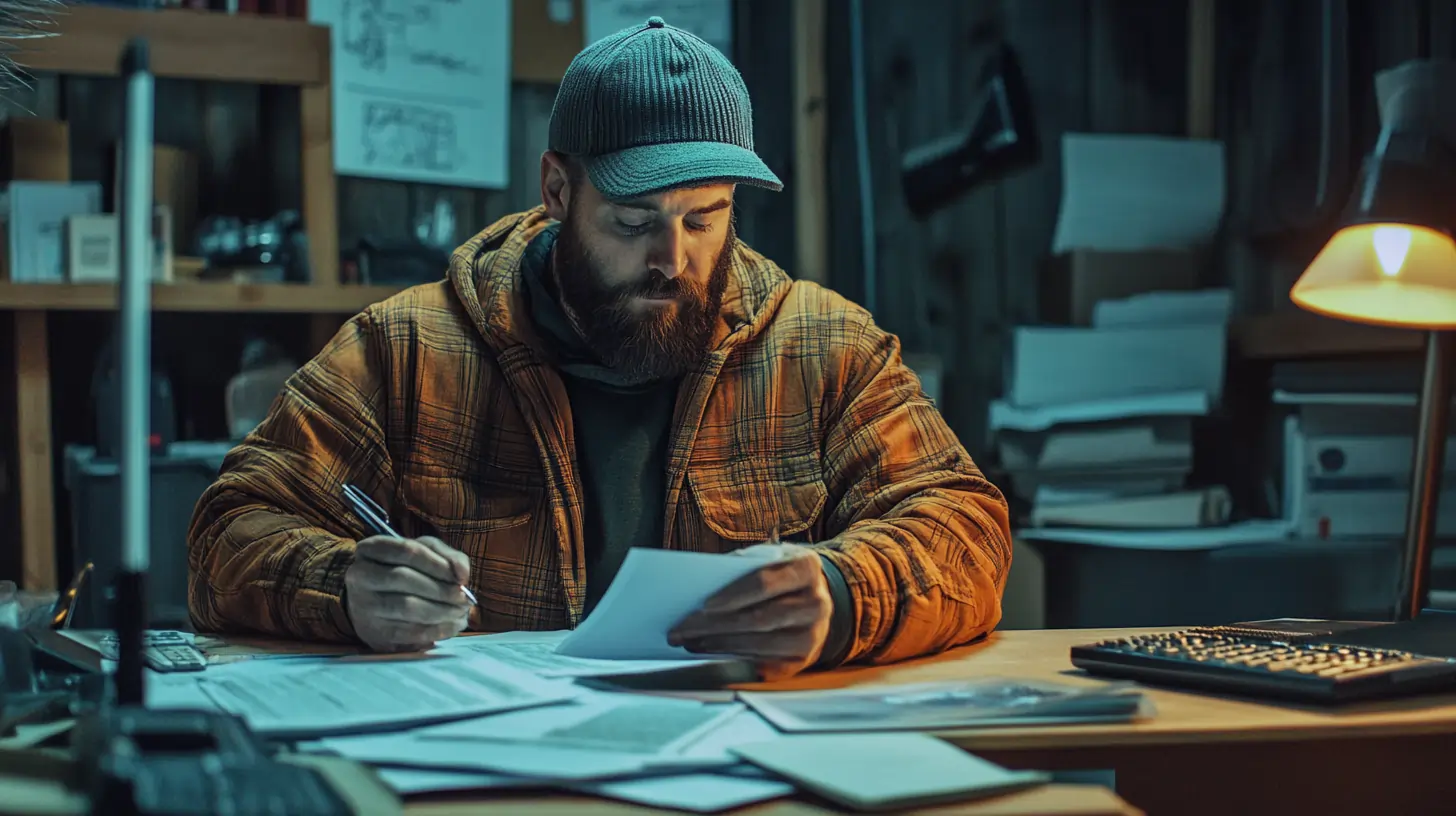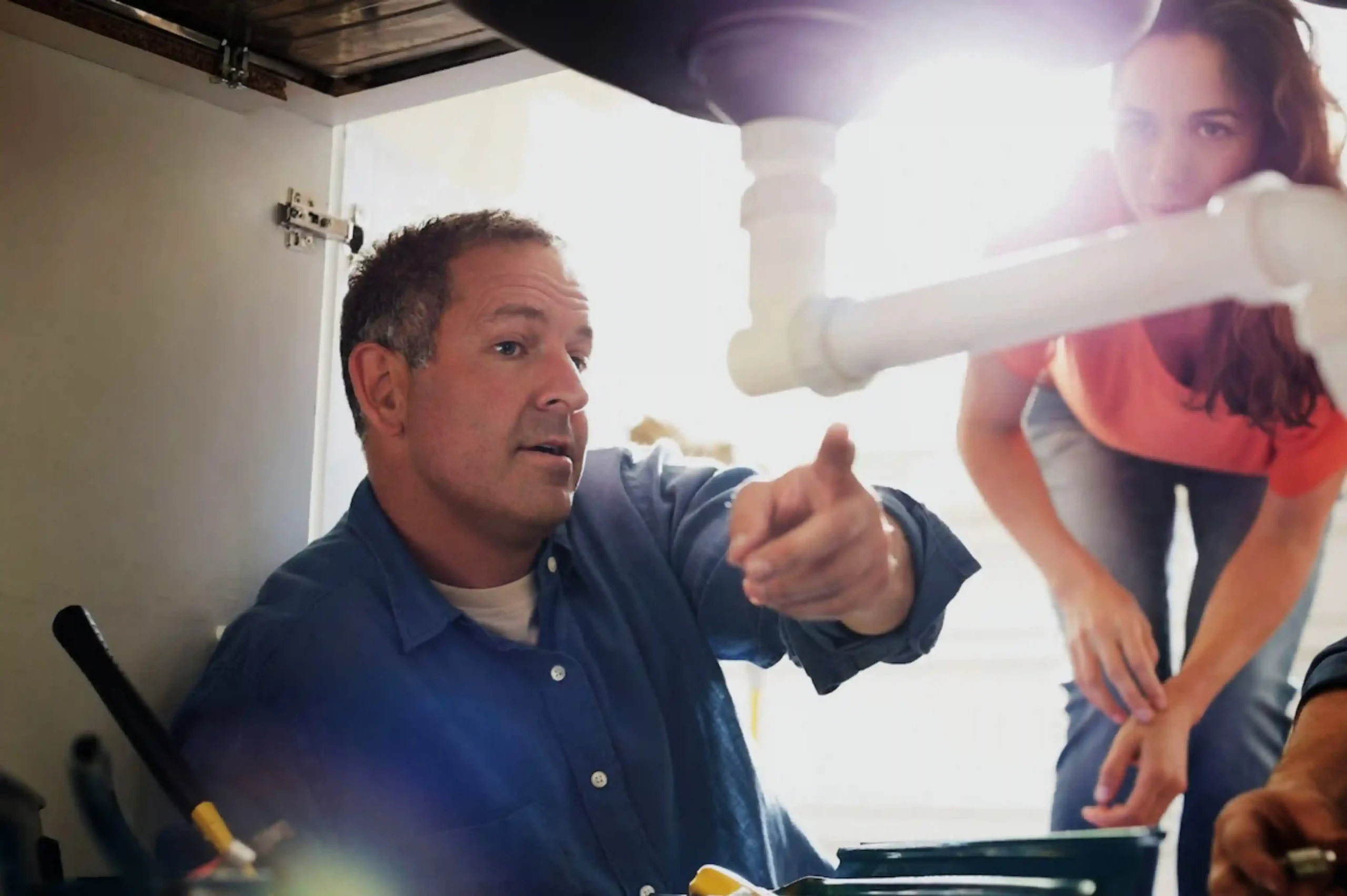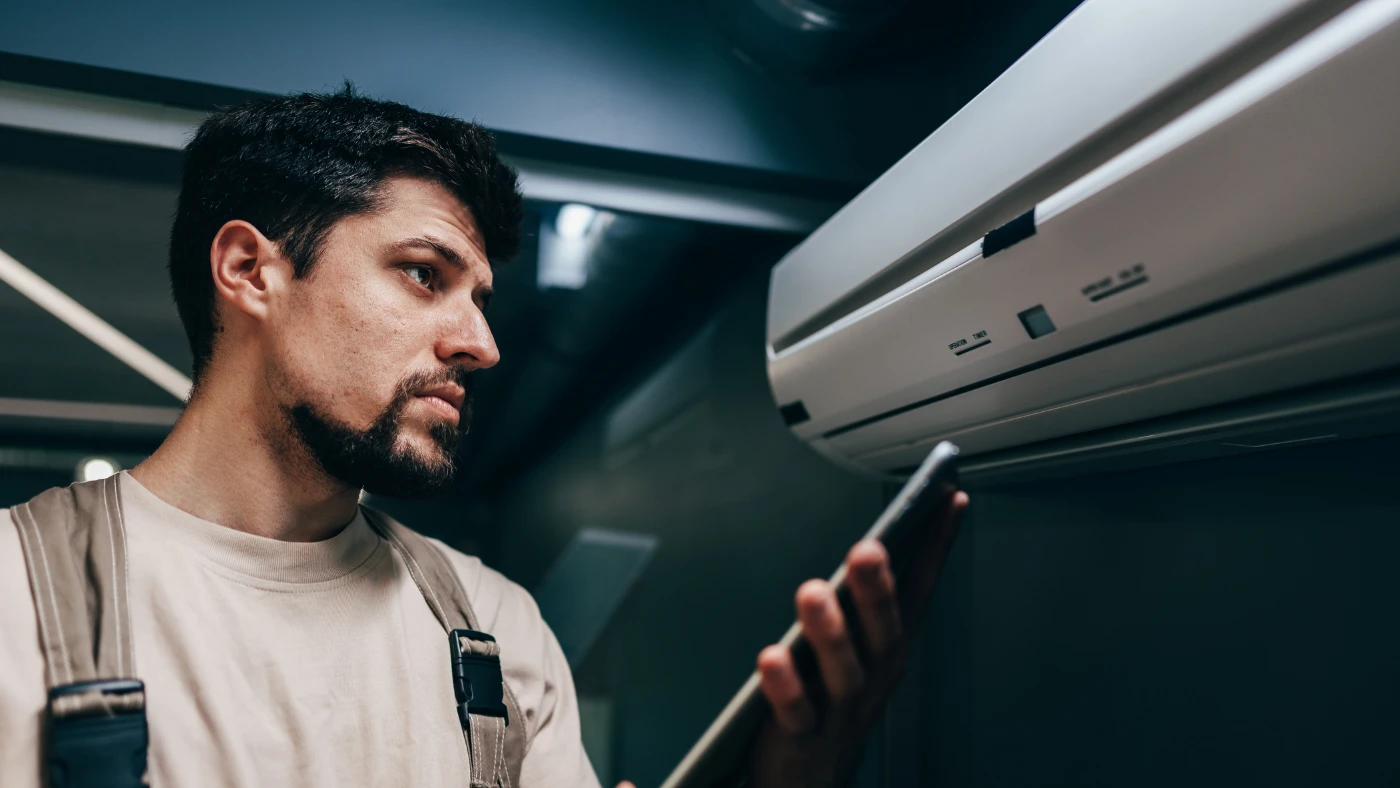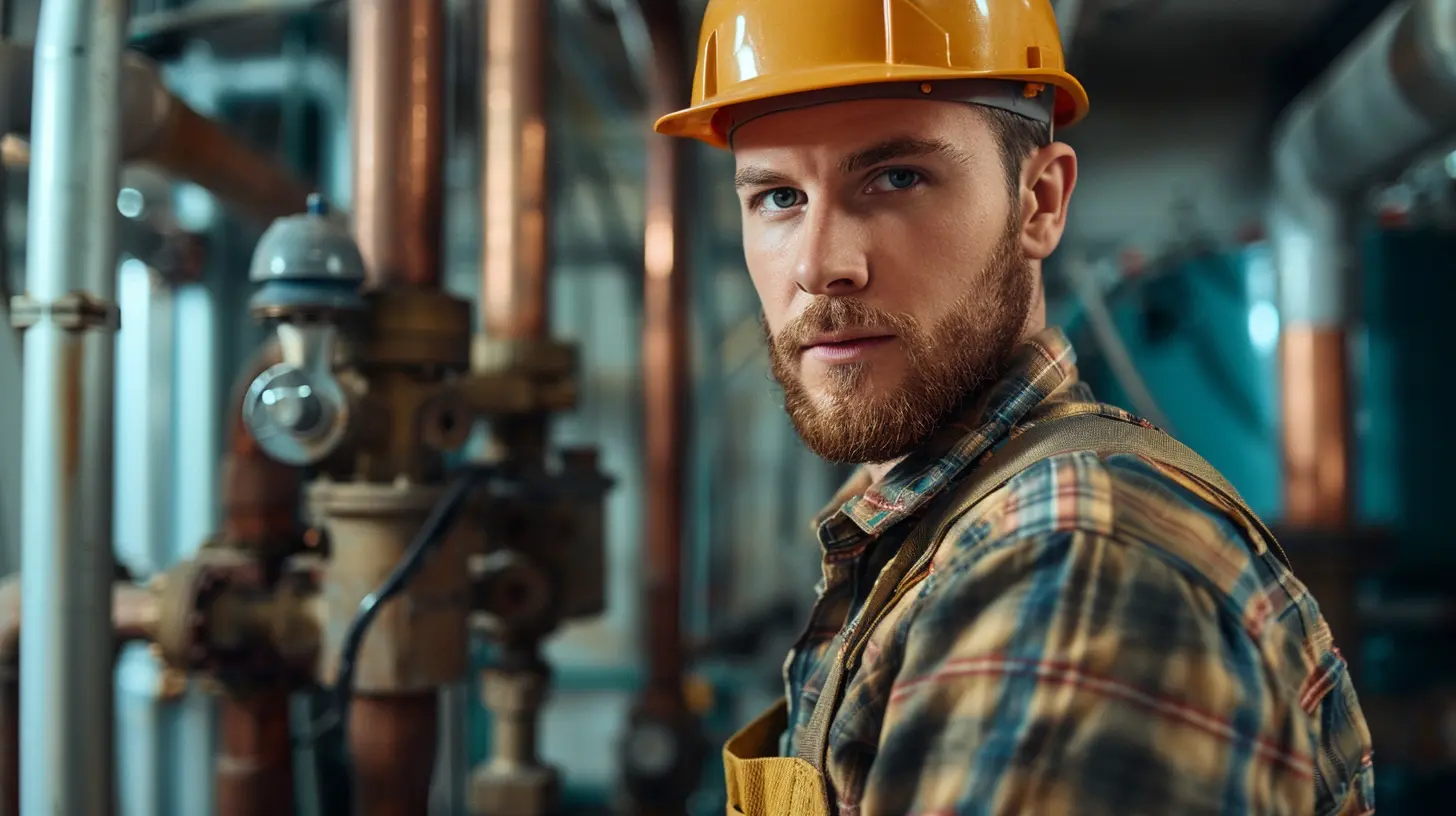
There’s a lot at stake for a business when hiring a new employee. It can influence many factors such as supply and labor costs, client satisfaction and retention, and your company’s reputation.
With so much on the line, the hiring process may feel like a daunting task, but it doesn’t have to be. Asking the right plumbing interview questions is the first step to establishing a connection with your prospective employee and sets the tone for your professional partnership ahead.
The last thing you want to do is leave the hiring process up to chance by forgetting important questions. From compensation expectations to technical knowledge and skillsets, we’ve compiled 61 plumbing interview questions to help narrow down prospects and hire the right candidate.
With an all-star team of plumbers on the payroll, you need a software solution of the same caliber to manage your plumbing business. Keep reading to discover how Housecall Pro’s industry-leading plumbing software can do that and much more!
General Plumbing Interview Questions
It may be tempting to ask the candidate to “tell me a little bit about yourself,” but that type of open-ended question may not yield the answer you’re looking for. Start by asking general questions to break the ice so you can lay on the harder questions later in the interview.
1. What inspired you to pursue a career in the plumbing trade?
2. Are you licensed? Do you have any special certifications or credentials?
3. What are your likes and dislikes of being a plumber?
4. What is your strategy to ensure positive customer interaction?
5. How do you prioritize your time effectively when managing multiple jobs in one day?
6. What impact do local building codes have on residential plumbing services?
7. How do you stay up-to-date with plumbing industry trends and regulatory changes?
8. What are the biggest challenges plumbers face currently in the industry?
9. What qualities do you look for in a prospective employer?
10. What are your plans for continued education?
A quality candidate should manage their time well and show enthusiasm about their profession. Hiring someone passionate about plumbing and all facets of the industry will have a long-lasting positive impact on your clients and revenue.
Experience Interview Questions
A plumber’s experience can vary from a drain tech to a master plumber and everywhere in between. To ensure a prospective new hire is the best match for your company, you will want to analyze their plumbing experience.
11. How long have you been a plumber?
12. How would you describe your plumbing experience?
13. What areas of plumbing do you have the least experience in?
14. How do you respond to emergency plumbing situations to ensure a timely resolution?
15. How does your level of plumbing experience influence your on-the-job safety?
16. What is the most complex plumbing project you’ve worked on?
17. What plumbing tools are you experienced with using?
18. What is your step-by-step process for diagnosing a problem and determining the next steps?
19. What types of plumbing systems are you most familiar with?
20. How do you feel about working in an attic or crawl space?
21. What does your experience in sales look like?
22. Why is attention to detail so important in the plumbing profession?
The level of experience required to fill your open position will depend on the needs of your plumbing business and the bandwidth for development. But despite their experience level, a quality candidate should be able to provide an example for each question in this section.
Plumbing Skills Interview Questions
Just because a person has years of experience, doesn’t mean they are well-versed in every plumbing skill. Understanding a candidate’s skillset helps to identify their abilities, strengths, and potential weaknesses.
23. Have you worked in a commercial plumbing setting? If so, how does that skillset relate to residential plumbing services?
24. What skills have you learned on the job that you didn’t know as an apprentice?
25. Have you ever worked a job that required cross-trade partnership, such as electrical assistance or HVAC? If so, please explain.
26. Do you have experience with pipe welding?
27. How comfortable are you with drywall repair?
28. What is an example of a time you had to problem-solve an unexpected issue?
29. What skills do you hope to gain in this position?
Candidates with dynamic skills are a valuable resource for business owners. With an understanding of a candidate’s skillset, business owners can determine if they’re a good fit or if they’re worth investing the time to train.
Technical Plumbing Interview Questions
A quality candidate will possess a vast amount of technical knowledge. If your plumbing business provides a specialty service, you will also want to include niche-specific technical questions.
30. What’s the best way to clear a main line without access to a cleanout?
31. What are the major components of a water softener system?
32. How do you descale a tankless water heater?
33. How do you detect a leak within a concrete slab foundation?
34. What is the most common reason for a sump pump failure?
35. Are you familiar with septic systems and septic plumbing?
36. Have you ever worked with geothermal or solar plumbing?
37. Are you familiar with heat pump water heater systems?
Technical knowledge is a must for any service trade worker. But if a candidate can’t answer every question, it doesn’t mean they aren’t worth hiring. With the right attitude and willingness to learn, they might be worth training to fill the gaps in their technical knowledge.
Get In Touch: 858-842-5746
Let us earn your trust
On average, Pros increase monthly revenue generated through Housecall Pro by 50% after their first year.
See plan options and feature breakdown on our pricing page.
Situational Interview Questions
Although many plumbing scenarios are similar from one job to the next, a potential candidate should adapt and respond appropriately to situations outside the norm.
38. You worked a job last week and now the system has a repeat malfunction. How do you address the problem?
39. You quoted a job and were hired to complete the project, but additional work is needed. What do you do in this situation?
40. You’re working with another teammate, but a conflict arises between you and your coworker. How do you go about resolving the issue?
41. You are called to a job for a pipe leak and discover severe mold damage in the drywall. What is the first thing you do?
42. A customer wants to argue about your work while on the job. How do you defuse the situation?
43. Is there anything you aren’t willing to do as a plumber? If so, please explain.
Situational interview questions provide insight into a candidate’s experience, work ethic, and customer service skills. They should answer confidently, show empathy, and maintain composure in problematic or confrontational scenarios.
Technology Interview Questions
From environmental efficiency upgrades to AI-assisted advancements in plumbing engineering and design, you want to hire a plumber who isn’t afraid to learn and use new technology.
44. Are you familiar with smart plumbing systems? If so, how would you describe their functionality compared to traditional plumbing?
45. Your customer wants to improve their plumbing efficiency and reduce their carbon footprint. How would you suggest they upgrade their system?
46. Are you familiar with service trade software?
47. What is your go-to source for plumbing technology information?
48. What’s something you’re excited about for the future of plumbing technology?
Embracing technology demonstrates a candidate’s adaptability to industry changes. Resistance to answering or dismissing plumbing technology questions could mean they’re less open-minded and stuck in their ways.
Compensation Interview Questions
Hiring the right plumber for your plumbing business also means offering competitive wages based on skills, knowledge, experience, and how it relates to your open position.
49. How would you describe your current or previous employer’s compensation plan?
50. What is your salary expectation for this position?
51. Should the salary expectation fall outside the employment offer, are you willing to negotiate?
52. How do you feel about incentivized or performance-based pay?
53. Outside of what we’ve covered, is there any additional compensation expected for this position if hired?
Questions about money and compensation can be uncomfortable for both parties involved in the interview. It’s important to provide as much insight as possible to the candidate so they too can make an informed decision if offered the position for employment.
Wrap Up Plumbing Interview Questions
By now, you’ve covered most of the nitty-gritty questions to gauge their experience and level of interest in the position. Use this opportunity to ask follow-up questions to any topics you touched on earlier. Here are some additional wrap-up questions to end your conversation on a positive note:
54. What about your current or former employer made you want to look elsewhere?
55. What excites you most about this position?
56. What are your long-term goals and how does this position fit these objectives?
57. Are you able to provide a list of professional references?
58. Are you willing to work on-call or overtime hours, if needed?
59. How do you hope to grow within our organization?
60. If we hired you today, how soon could you start?
61. Do you have any questions about our company, services, or benefits?
The right person for the job will be goal-oriented, results-driven, and willing to learn and grow. Although not a requirement, many interviews end with the timeframe the recruit should expect to hear back about the position.
What to Look For in Your Next Plumber
Knowing what to look for in your next plumber is essential to filling the position. If they possess the following, you can feel confident you’ve found the right person for the job.
Licenses and certifications: Rest easy knowing your new plumber is licensed and certified.
Field experience: On-the-job plumbing experience is essential to servicing your customers.
Technical knowledge and skillset: Broaden your scope of services and expand your business with technically skilled plumbers.
Communication skills: Effective communication skills transcend the employee and customer experience. An employee should be poised to handle difficult situations with grace and empathy.
Adaptability: A little problem-solving, quick thinking, and creativity can go a long way.
Ambition to grow: Without goals for development and growth, a business and its employees will fall short of success.
As with any decision, you’ll want to weigh the pros and cons and how they measure up to your business needs. Just remember that every plumber has their strengths and weaknesses. With the right attitude, work ethic, and willingness to improve their craft, your next plumber is sure to make a difference in the lives of your customers and the future of your business.

